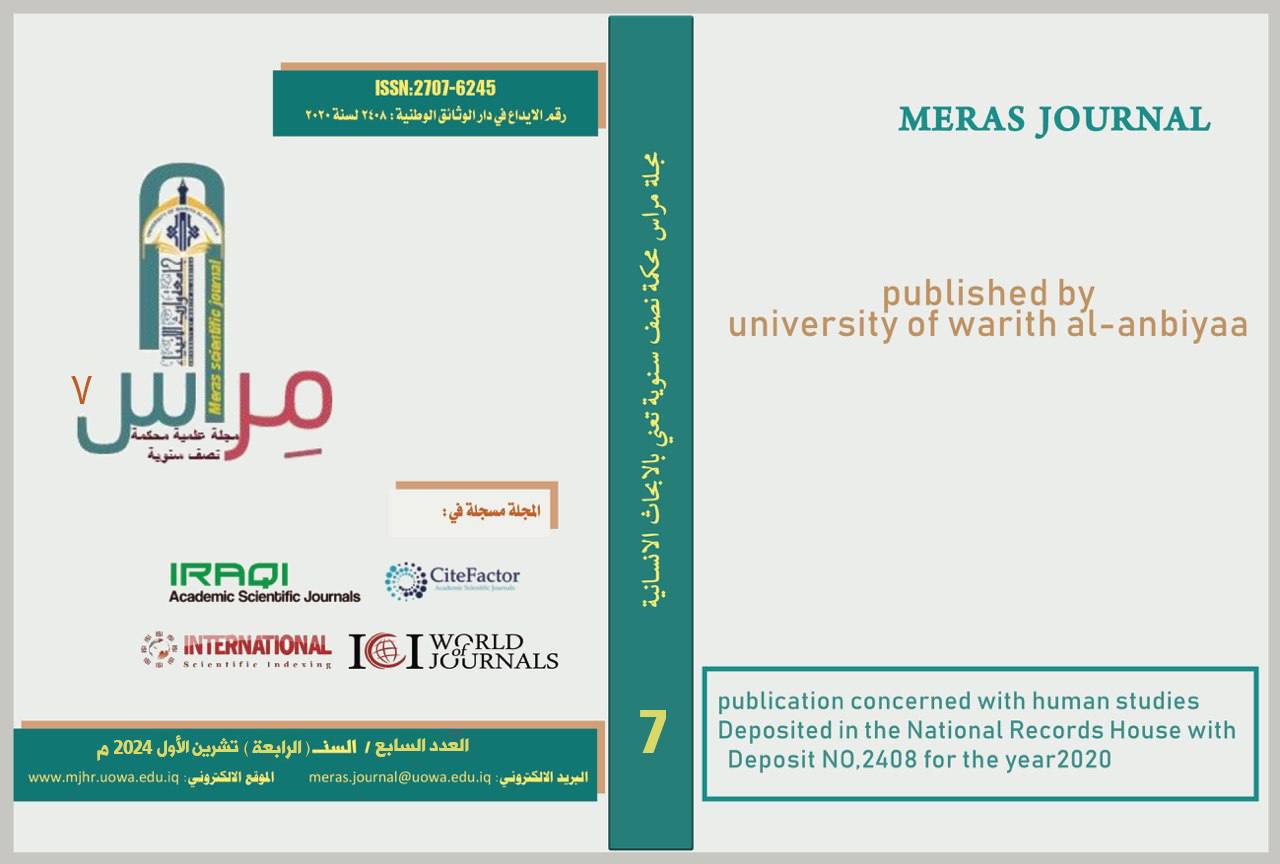Memorizing the Holy Quran through Cognitive Psychology Strategies
DOI:
https://doi.org/10.57026/mjhr.v4i2.81Keywords:
Memorizing the Holy Quran, Cognitive Psychology, Cognitive Strategies, Memory, ForgettingAbstract
This research aims to explore the cognitive psychology strategies for memorizing the Holy Quran. The study addresses theories and strategies of cognitive psychology such as working memory, visual and auditory encoding, organization and repetition, spaced retrieval, perception, and attention. The research adopts a descriptive-analytical approach to apply cognitive psychology strategies in enhancing the process of memorizing the Quran. The results showed that the application of these strategies, such as the keyword method and spaced repetition, significantly enhances the memorization process and reduces forgetting. The study recommends adopting these strategies in educational programs for Quran memorization, which contributes to improving the skills of memorizing, consolidating, and retrieving Quranic verses from memory among children, adolescents, and young adults. This research indicates that combining different cognitive strategies can achieve a greater positive impact and provides an effective educational model that can be applied in various educational institutions.





